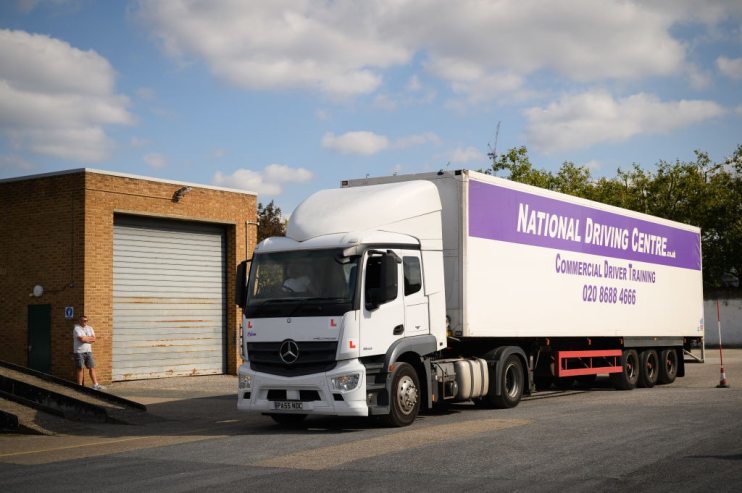Individual climate action is rendered meaningless if the big polluters – like HGVs – roll on

Like a ropey old pullover, pulling at the threads of Britain’s net zero efforts can sometimes do more damage. Take our roads, for instance.
Over the past decade – in truth the past two or three years – even the country’s most committed petrolheads have come round to the idea of electric cars.
Our black cab fleet has almost overnight gone green. Uber drivers will be obliged to be clean as a whistle, too, in just a couple of years. It’s quite a feat.
And it may not be as transformative as many would hope. You might drive down to the supermarket in your suspiciously quiet lean green machine but it’s highly likely that whatever you buy there will have got there on an old-school, high-polluting HGV.
As we note in our feature today, the logistics industry is waiting for a government steer on what the future looks like before it invests billions in a new, costly fleet. HGVs contribute an outsized proportion of road-based emissions, so – regrettably – your choice makes very little difference indeed.
Now, every little helps. It’d be churlish to say otherwise. But the myriad government schemes to encourage slightly more energy efficient choices by individuals are not matched by honesty, or strategic thinking, about the bigger priority: making sure stuff still works, in a greener way, without piling inordinate costs onto the consumer.
If the cost of moving your aubergine from depot to supermarket doubles in price, it is unlikely that logistics firms nor the supermarkets are simply going to absorb that cost. That’s one example, and even that pales into nothing against the cost of keeping the lights on in a more sustainable way.
Going green costs money. The government, of whatever party or stripe, needs to be clearer about the big policy decisions if it’s to demand Mrs Miggins dumps her Moggie Minor for an electric bike.
